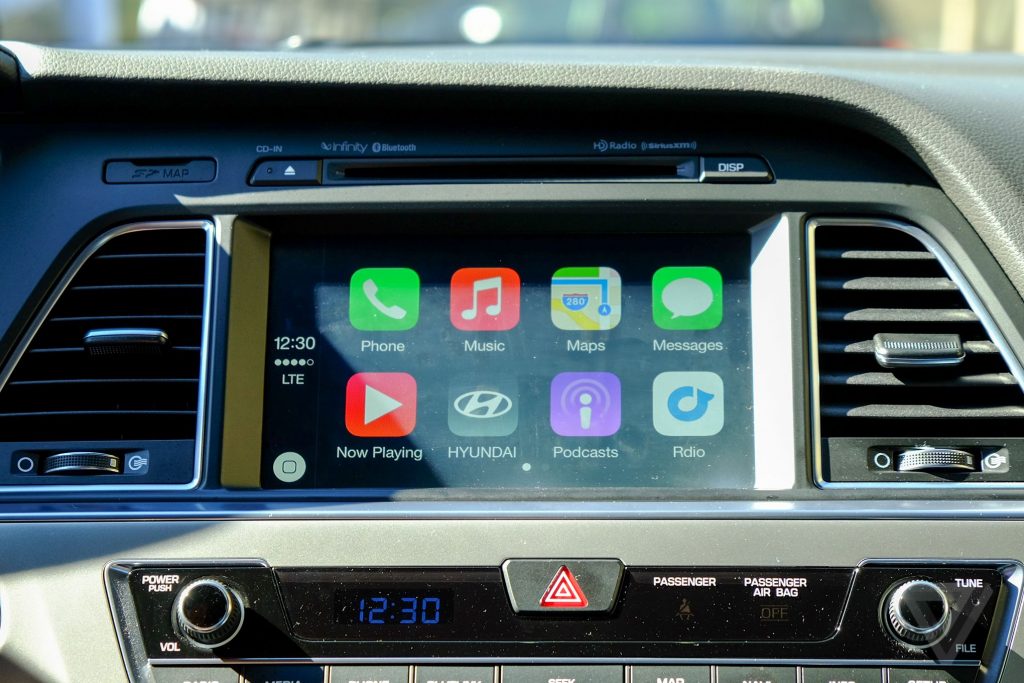You’re not alone if you’ve ever become frustrated when attempting to change the air conditioning in your automobile using a challenging touchscreen menu. Car manufacturers are adding more and more technology to their goods as they compete with one another, which is making drivers less and less happy with their infotainment systems.
The Automotive Performance, Execution, and Layout (APEAL) Study by JD Power reveals a decline in overall satisfaction among automobile owners. This is the first time in the 28-year history of the research that there has been a continuous year-over-year reduction in owner satisfaction, scoring 845 on a 1,000-point scale, a decrease of two points from the previous year and three points lower than 2021.
One significant shift is the declining preference for using a car’s native infotainment controls. JD Power found that only 56 percent of owners prefer using their vehicle’s built-in system to play audio, down from 70 percent in 2020. Even less, less than half, are content with using their car’s native controls for navigation, voice recognition, or making phone calls. Instead, people are gravitating towards smartphone-mirroring systems like Apple CarPlay and Android Auto, which offer better usability and familiarity.
However, there’s a glimmer of hope for native operating systems, as long as they’re developed by Google and not the automaker. JD Power found that models with Android Automotive’s operating system, AAOS, scored higher in the infotainment category than those without any AAOS. But interestingly, AAOS without Google Automotive Services (GAS) received the lowest infotainment scores. GAS refers to all the apps and services that come with the car when Google is built into the vehicle, something Ford, GM, and Volvo plan to adopt. Other companies, like some Stellantis vehicles, use Android Automotive but partner with different tech firms for their app services.
GM’s recent decision to block access to CarPlay and Android Auto in favor of a native Google infotainment system could be positively influenced by consumer preference for GAS or “Google built-in.”
Moving beyond infotainment, JD Power’s survey also revealed issues with exterior styling. Respondents expressed dissatisfaction, with exterior styling scoring 888, down from 894. A lot of cars are perceived as looking “weird and bad,” leaving many longing for the designs of old classics.
On a brighter note, electric vehicles (EVs) are narrowing the gap with gas-powered models. In the compact SUV segment, battery-electric vehicles like the Kia EV6, Nissan Ariya, and Mustang Mach-E rank at the top. Additionally, BMW’s iX and i4 models received high marks in their respective categories.
While Tesla continues to rank above average, satisfaction with the company is declining. Tesla earned a score of 878, making it one of the higher-performing brands, but it saw a nine-point drop compared to the previous year. However, Tesla’s refusal to share owner information in certain states renders it ineligible for JD Power’s award ranking.
Overall, car owners are increasingly fed up with unnecessary tech cluttering their vehicles, especially when it complicates the driving experience. Whether it’s resorting to smartphone-mirroring systems or favoring native operating systems developed by companies like Google, consumers are making their preferences clear. Car manufacturers would be wise to listen and strike the right balance between useful technology and a seamless driving experience.

